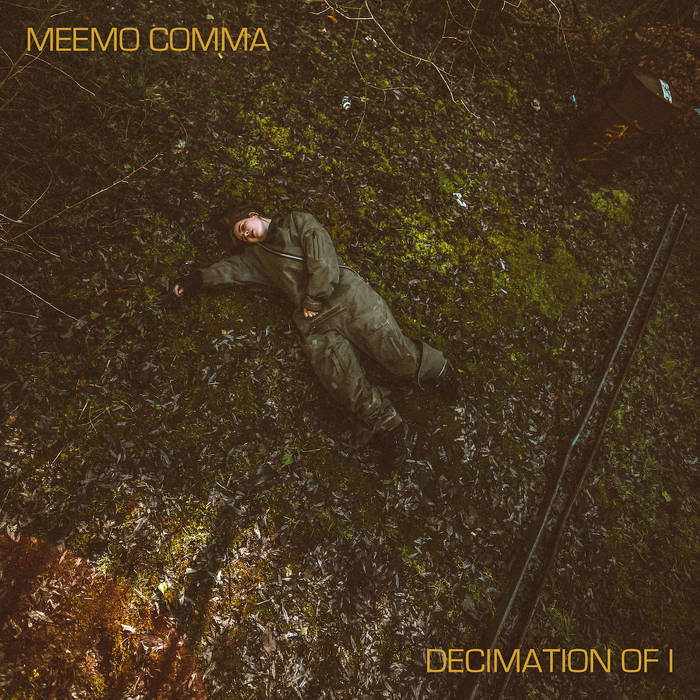Arkady and Boris Strugatsky’s Roadside Picnic was first published in 1972 and, while it has never been quite as well-known as some other classic science fiction novels of the period, it’s had an enduring influence over the intervening fifty-two years. The book takes place in the aftermath of a brief extraterrestrial incursion that has left various ‘Zones’ on Earth, places that have been fundamentally and mysteriously changed by the visitation, now full of odd artefacts and phenomena. It was loosely adapted by Andrei Tarkovsky as the sleepily sinister Stalker just a few years later, a film which in turn spawned a video game franchise that relocated the action to the Chernobyl Exclusion Zone. Now Roadside Picnic provides the backbone for the fifth full-length from Meemo Comma, the recording name for Lara Rix-Martin, formerly of Planet Mu duo Heterotic.
The previous Meemo Comma LPs have leaned towards the diverse with last year’s Loverboy taking in 90s breakbeat and trance, while 2021’s Neon Genesis: Soul Into Matter² transmuted sampled Jewish prayers into an alternately serene and rapturous score for an imaginary anime. Decimation of I is more introspective in tone, landing somewhere between evocative ambient and mutated modern classical for most of its run.
‘They, Spoke’ opens the album with a plaintive flute that feels straight out of a nature documentary until swampy synths transform it into b-movie sci-fi. It’s followed by ‘The Soldier’, the first of several tracks here that feels positively haunted. It’s wordless, but seems to echo with voices, almost but not quite human. That sense of being observed by an unknowable intelligence continues onto first single ‘The Poet’, where baleful call and response horns conjure an image of weird creatures howling to one another out across the Zones.
Elsewhere, Rix-Martin explores post-industrial textures. ‘Meditation’ kicks up the pace with a glittering synth reminiscent of Coil’s Musick To Play In The Dark building to a pulsing climax in its final moments. ‘P3Alpha Exotoxin’ rattles and rumbles, its eerie melody distant and submerged, while ‘What Does It Want’ shudders with guttural groans in the low end and dislocated strings dance in the foreground.
That’s not to say that this is an entirely nerve-shredding listen. Decimation of I is frequently very beautiful. The simple synth line on ‘From The Sky’ breathes in and out of the track, and feels like watching a satellite drifting across the night’s sky. ‘Spectral Alignment’ has an Eno-like calm as gentle half-melodies play out over an amorphous drone and ‘Area X’ (the title presumably a reference to Jeff VanderMeer’s Annihilation, another book of extraterrestrial and emotional rewilding) is a bright piece of modern classical as heard through the fug of psychedelics.
It’s a desolate album, then, but not necessarily an entirely bleak one – as many urban explorers and Stalkers (in the parlance of the Strugatsky’s novel) have discovered, there can be great beauty in decay. The closing ‘As It Was Written’ has a lightly picked out piano line and, for the first time, a clearly human voice. It’s sweepingly lovely and, perhaps even a touch optimistic. The world is changing, but life – at least in some form – prevails.


